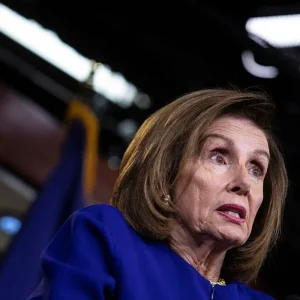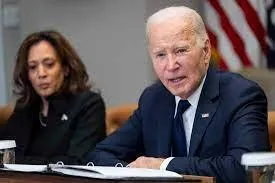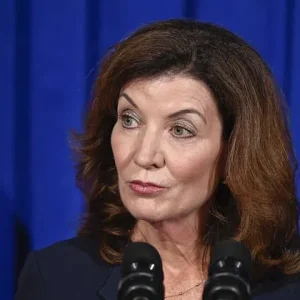The debate over lab-grown meat just got a major political twist—thanks to Robert F. Kennedy Jr. The independent presidential candidate recently made waves by announcing his support for banning cultivated meat nationwide, calling it a threat to American farmers and public health. His stance has ignited a firestorm of reactions, with supporters cheering his defense of traditional agriculture and critics slamming it as anti-science fearmongering.
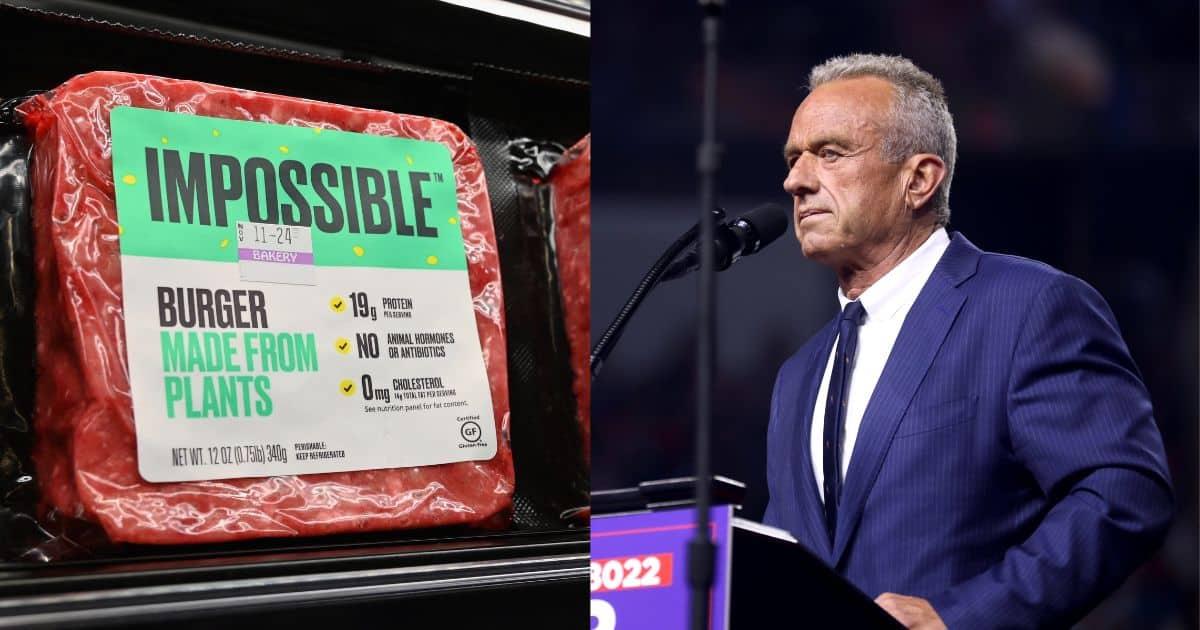
Kennedy’s position isn’t just symbolic—it taps into a growing cultural divide. On one side, proponents of lab-grown meat argue it’s the future: a sustainable, ethical solution to factory farming and climate change. On the other, skeptics see it as another example of corporate-controlled “fake food,” pushed by elites who are out of touch with rural America. Kennedy’s campaign is betting big on the latter, framing the issue as part of his broader anti-establishment message.
But the backlash has been fierce. Scientists and food-tech innovators warn that banning lab-grown meat would stifle American competitiveness, especially as countries like Singapore and Israel race ahead with approvals. Environmental groups, too, are sounding the alarm, pointing to studies showing cultivated meat could drastically reduce emissions compared to traditional livestock.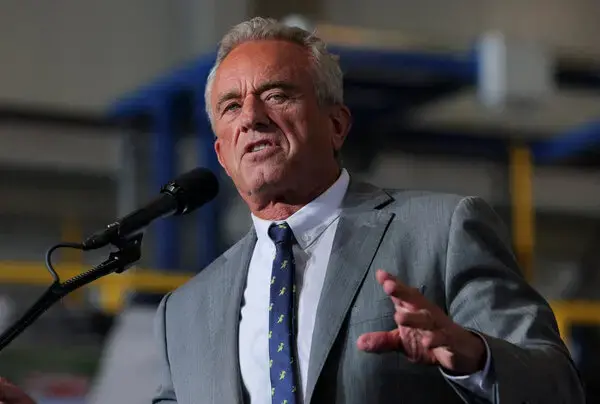
Then there’s the political calculus. By wading into the food wars, Kennedy isn’t just courting farmers and conservatives—he’s also testing whether this could be a sleeper issue in 2024. Will voters see this as common-sense protection of their dinner plates, or government overreach into a promising new industry?
One thing’s clear: Kennedy’s meat ban push is more than a policy detail—it’s a cultural lightning rod. And in an election where distrust of institutions is running high, it might just resonate more than the polls suggest. The question now is whether this stance will beef up his support—or leave him out to dry.



